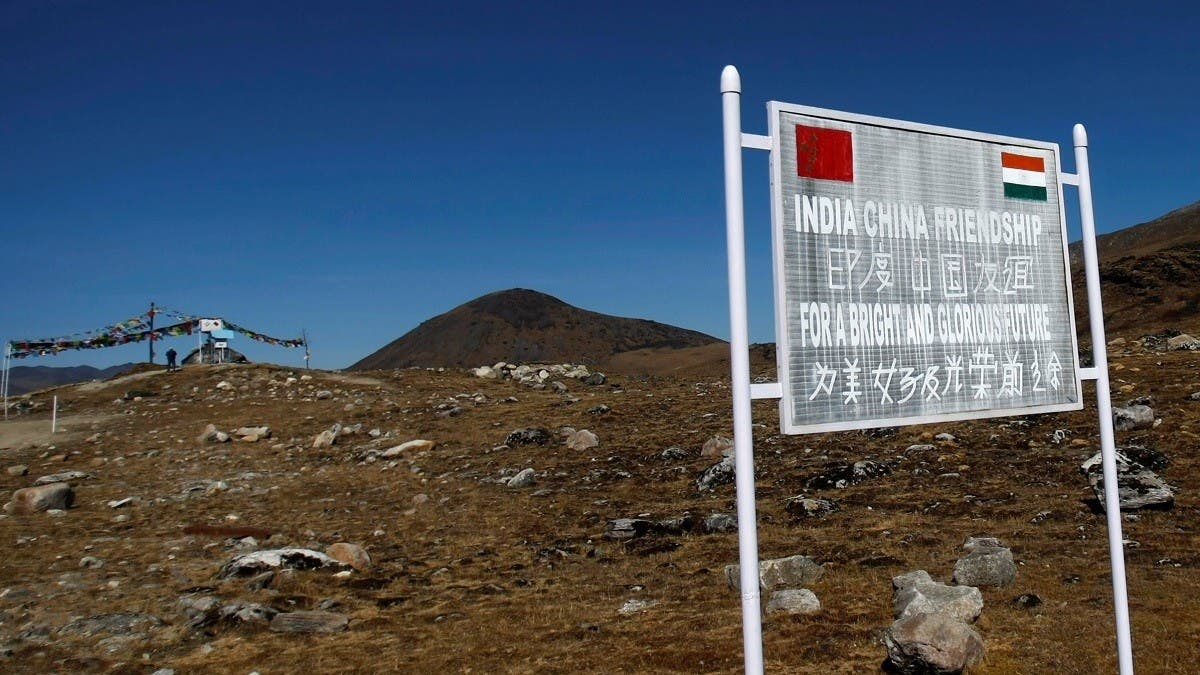India's Ambitious Hydropower Project in Arunachal Pradesh Faces Chinese Opposition

India’s Ambitious Hydropower Project in Arunachal Pradesh Faces Chinese Opposition
New Delhi, India (July 13, 2024) - India has announced an ambitious plan to construct 12 new hydropower stations in the northeastern state of Arunachal Pradesh. This significant infrastructure project, estimated to cost a billion dollars, aims to address the growing gap between power supply and demand in the region. The initiative is expected to be formally announced by Finance Minister Nirmala Sitharaman during the upcoming Budget speech on July 23.
Strategic Development in Northeast India
The proposed hydropower stations are a key component of India’s strategy to promote economic development and energy security in Arunachal Pradesh. By harnessing the hydroelectric potential of the state’s rivers, the project seeks to generate substantial renewable energy, reducing the region’s reliance on fossil fuels and enhancing its overall power supply.
Arunachal Pradesh, with its vast and largely untapped hydropower resources, offers significant potential for renewable energy generation. The state’s rugged terrain and abundant water resources make it an ideal location for hydropower projects. The new stations are expected to boost local employment, infrastructure development, and economic growth, contributing to the overall progress of the northeastern region.
China’s Protest and Territorial Claims
However, the announcement has drawn sharp opposition from China, which has long contested India’s sovereignty over Arunachal Pradesh, referring to it as “South Tibet.” In an official statement, the Chinese government reiterated its territorial claims, asserting, “South Tibet is China’s territory.” China has consistently opposed Indian infrastructure projects in the region, viewing them as a challenge to its territorial assertions.
The Chinese Ministry of Foreign Affairs emphasized its stance, stating that any unilateral action by India in the disputed territory would complicate the situation and undermine peace and stability in the border areas. China’s objections are rooted in its historical claims, which lack recognition by the international community.
India’s Firm Stance
In response, India has reaffirmed its sovereign right to develop infrastructure within its own territory. The Indian Ministry of External Affairs stated, “Arunachal Pradesh is an integral and inalienable part of India. The development of the state is our sovereign right, and no other country has the authority to interfere in these matters.”
India’s firm stance on the issue reflects its determination to pursue developmental projects that benefit its citizens, despite external pressures. The Indian government has consistently emphasized that Arunachal Pradesh is an essential part of its territory and has dismissed China’s claims as baseless and historically unfounded.
Geopolitical Implications
The proposed hydropower project is likely to further strain relations between India and China, which have already been tense due to border disputes in the Himalayan region. The two countries have a long history of territorial disagreements, culminating in skirmishes and standoffs in recent years. The announcement of this project adds another layer of complexity to the already fragile diplomatic relations.